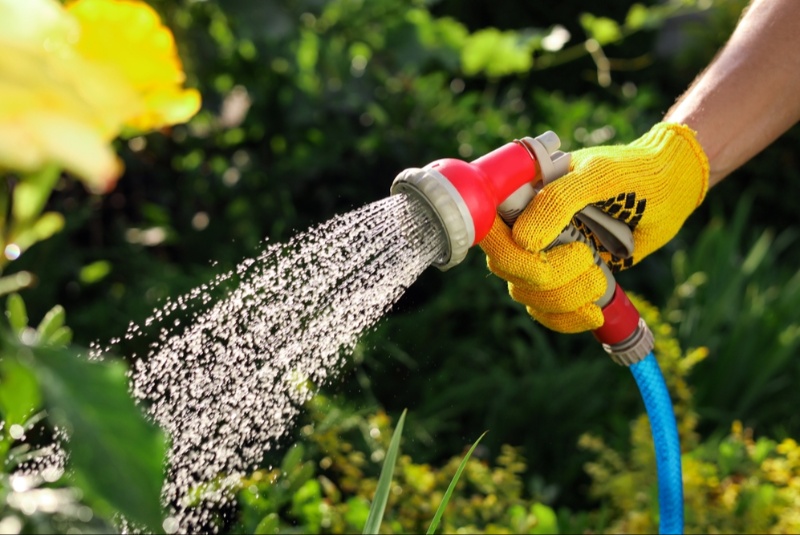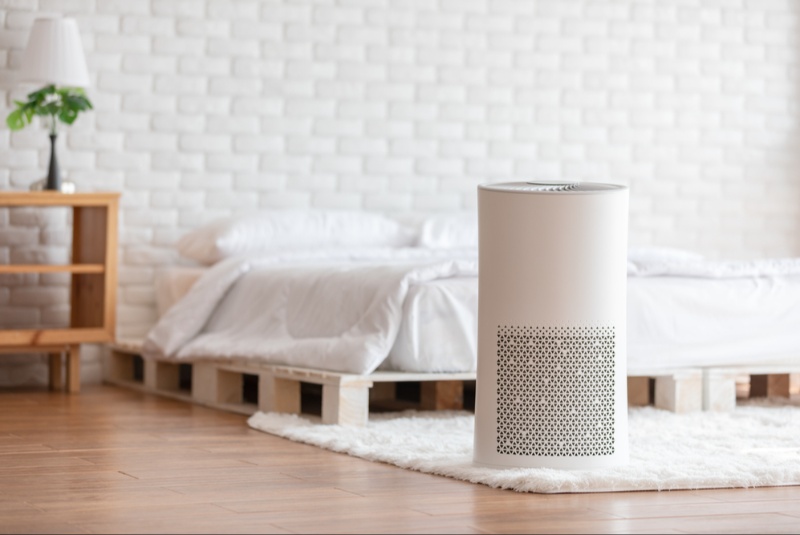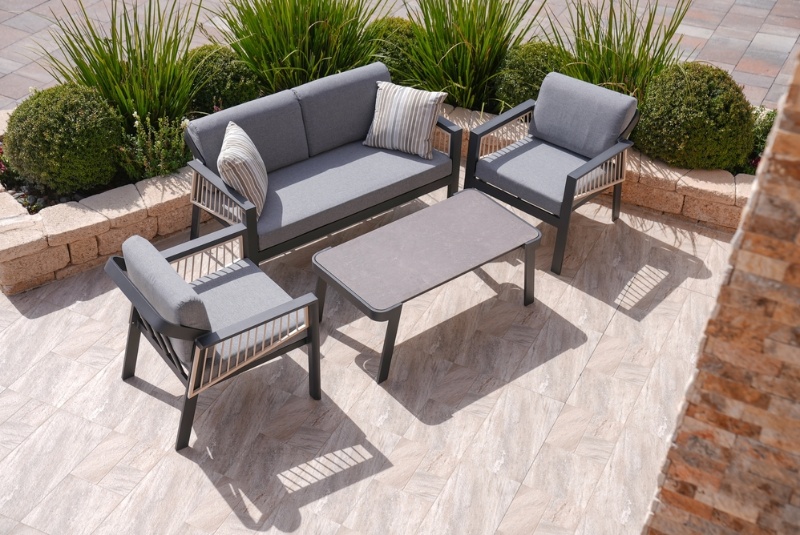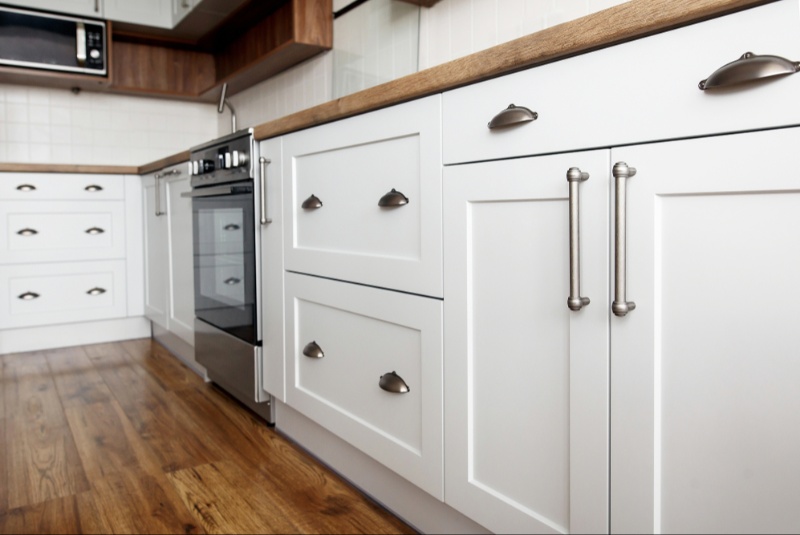In the world of gardening, a dependable hose is a true asset. It's not just about watering plants; it's about the convenience, efficiency, and reliability of the tool you're using. With so many options available in the market, buying a gardening hose can sometimes feel overwhelming. This comprehensive guide is designed to steer you in the right direction, ensuring you pick the most reliable hose to cater to your gardening needs.
1. Understand the Types of Hoses:
Before diving into the specifics, it’s essential to understand the basic types of garden hoses available:
- Standard/Vinyl Hoses: These are lightweight and the most economical. However, they’re prone to kinking, cracking, and may not be as durable.
- Reinforced Hoses: These come with an additional mesh layer to make them less prone to kinks and splitting.
- Soaker Hoses: Designed to seep water along their length, they’re ideal for watering plants at the root level.
- Drip Hoses: These are similar to soaker hoses but are more efficient, releasing water only where it's needed.
- Expandable Hoses: These expand up to three times their original length when water flows through them and contract once the water is turned off.
2. Hose Diameter and Length Matter:
When considering hose size, you're looking at both length and diameter.
- Diameter: Most garden hoses come in three diameters: 1/2 inch, 5/8 inch, and 3/4 inch. The larger the diameter, the more water the hose can carry. For general gardening, 5/8 inch is a good choice.
- Length: While it might be tempting to go for a very long hose, remember that they can be heavy and challenging to manage. Analyze your garden size and choose accordingly. Ideally, hoses ranging from 25 to 50 feet will suffice for most gardens.
3. Material Considerations:
The material of the hose determines its durability, flexibility, and weight. Here are the common materials used:
- Vinyl: Light and economical but less durable.
- Rubber: Extremely durable, flexible, and can handle hot water but is heavier and more expensive.
- Polyurethane: Environmentally friendly and usually lead-free. They are durable but can be pricier than vinyl or rubber.

4. Check the Ply:
The ply refers to the number of layers a hose has. More layers generally mean a stronger hose, but it also makes it heavier. For regular garden use, a two or three-ply hose with reinforced mesh layers will suffice.
5. Avoid Kinks:
A kinked hose not only disrupts the water flow but can also lead to cracks over time. Look for hoses labeled as "kink-free" or "anti-kink." However, no hose is entirely kink-proof. To check its resilience, bend a loop of the hose upon itself. A good hose should bend easily without kinking.
6. Consider the Couplings:
Couplings are the metal or plastic connectors at the end of the hose. Brass couplings are more durable than plastic. Ensure they're easy to tighten and are leak-proof. Some even come with ergonomic designs for easier gripping.
7. Additional Features:
Some hoses come with UV protection to prevent sun damage, or they may be drinking-water-safe for those who wish to drink from the hose directly. If storing is a concern, coiled or expandable hoses might be more suitable.
8. Read Reviews and Ask for Recommendations:
Once you’ve narrowed down your choices, read customer reviews online or ask friends and family about their experiences. This can give you a better idea of the hose's real-world performance.
9. Price Isn't Always an Indicator of Quality:
While it's true that you often get what you pay for, the most expensive hose isn't always the best. Consider all the factors mentioned above, and balance them with your budget.
10. Warranty and Return Policy:
A manufacturer's warranty can be a good indicator of the hose's expected lifespan. Opt for hoses that offer at least a year of warranty. Also, consider the store’s return policy in case the hose doesn't meet your expectations.
While the perfect gardening hose might vary for everyone based on individual needs, knowing what to look for can drastically simplify the buying process. Use this guide as a starting point and soon, you'll find the most reliable companion for your gardening adventures.




